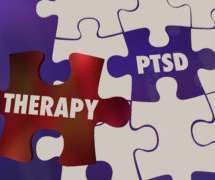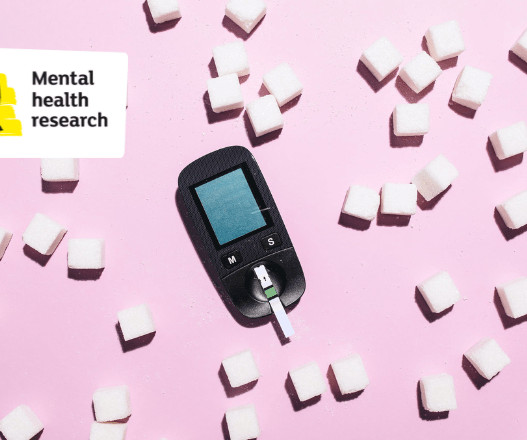Roadmap toward a neuromodulatory treatment for PTSD and anxiety
Society of Clinical Psychology
AUGUST 15, 2023
Given the success of these treatments and the high comorbidity between depression and anxiety, researchers have begun to extend the use cases of these protocols to individuals with post-traumatic stress disorder (PTSD) (Kozel et al., 2018) and PTSD (Philip et al., 2018) and anxiety (Diefenbach, Bragdon, et al., Balderston et al.,






















Let's personalize your content